Water is always crucial for aquariums, but its cruciality reaches the top for saltwater tanks. You can use seawater in your saltwater tanks, but it’s hard. If you are a little lazy and want to experiment with your tank by adding tap water, it’s disastrous. Distilled water is better than purified water. The reasons for all and the best water for saltwater tanks are the following. Moreover, in the end, you’ll also learn how Reverse Osmosis water helps to boost your tank.
Content Table
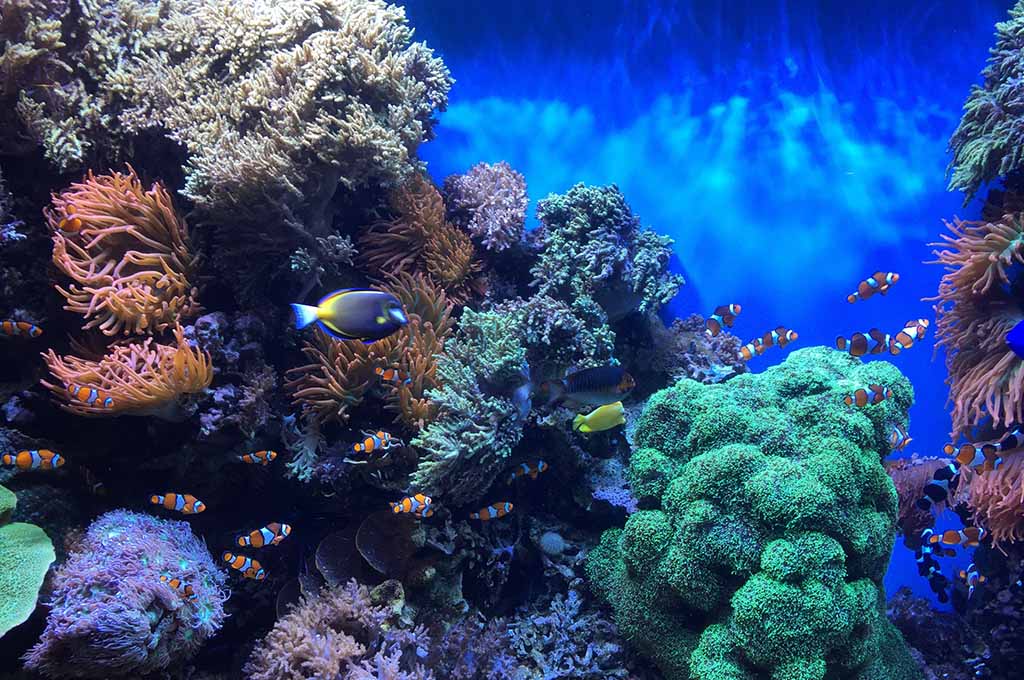
saltwater tank water
Can You Use Ocean Water in a Saltwater Tank?
Yes, you can add ocean water into the saltwater tank. It is one of the most suitable options for large aquariums, i.e., public aquariums and research tanks. Some experts believe that natural saltwater, i.e., saltwater, is better than artificially made water. Many veterans are successfully using it in their tanks.
However, it’s not straightforward, as it has multiple issues. Here are some of the core issues.
Water Pollution
Sewage, industrial, agricultural, and many other types of waste directly become part of the oceans. Therefore, our most convenient reach points to the oceans, i.e., beaches, harbors, and bays, have filthy and toxic water. That’s why it’s hard to have water from these water sources.
Chemical and Biological Analysis and Normalization
You can’t add seawater to your tank even though you have unpolluted seawater. It requires testing its chemical composition and salt level, i.e., calcium, magnesium, carbonates, etc. Moreover, seawater also has many natural microscopic plankton and other living beings. These living creatures are suitable for the sea, but not for your tank. After analysis, normalize its chemical and biological levels to match your tank habitats exactly.
Freshness
Water freshness is another issue. As mentioned, the best seawater for fish tanks is far from the beaches and bays. On the way back to land, seawater loses its freshness, as it may take a few days.
How About Top Off the Saltwater Tank With Tap Water?
No, don’t top off the saltwater tank with tap water. In raw form, tap water isn’t suitable for tanks for many reasons. Here are some of the reasons.
Chlorine and Chloramines
During the treatment at municipal levels, they add chlorine because it kills harmful bacteria. Moreover, up to a certain level, these chemicals are essential for human health. However, these chemicals are lethal for fish, invertebrates, and other beneficial bacteria in saltwater tanks.
Heavy Metals and Contaminants
In raw form, tap water can contain multiple heavy metals. It includes copper, zinc, and lead. In severe cases, it might contain pesticides and nitrates. These heavy metals and pollutants prove fatal for your aquatic pets. They can end your tank’s life and disrupt the entire ecosystem.
pH and Alkalinity
Tap water chemistry is not stable. Its pH and alkalinity have fluctuations. Tap water isn’t strictly treated, as humans can adjust with a minor pH and alkalinity fluctuation. However, fish and other saltwater creatures can’t thrive in strict water chemistry.
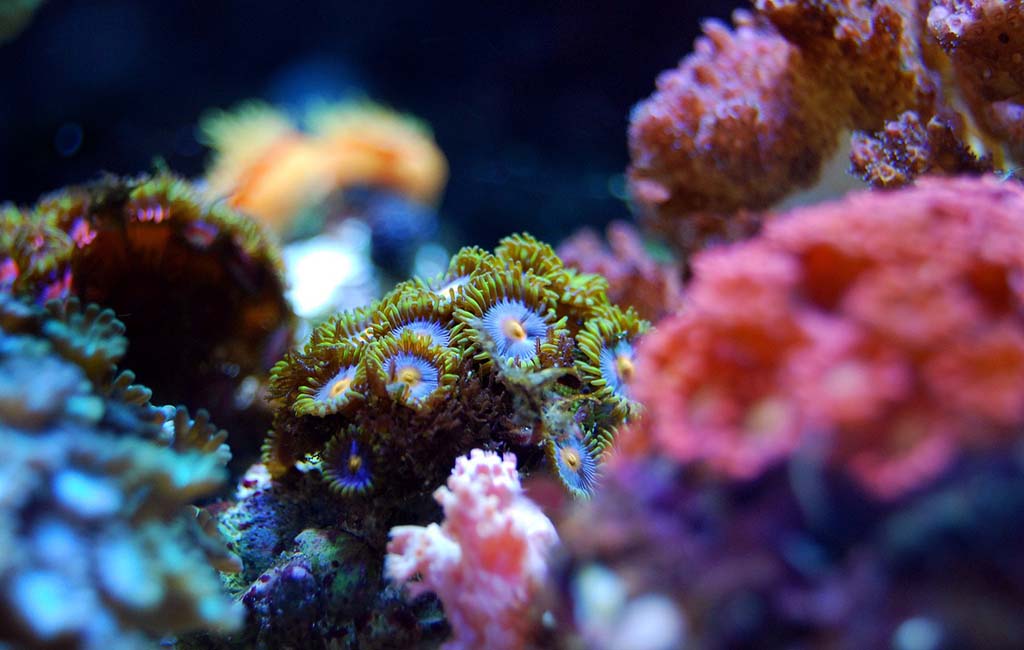
Water for Saltwater Tanks
Distilled or Purified Drinking Water for Saltwater Tanks
Distilled water is better than purified drinking water for saltwater tanks. Here are some reasons.
Distilled Water
Distilled water has a high level of purity. However, it needs remineralization, i.e., salt mixing to correct the salinity and other mineral contents. After remineralization, it’ll be suitable for tank ecosystems and healthy fish.
Purified Drinking Water
Purified drinking water is treated to serve humans. It has additives, i.e., fluorides and other chemical residuals, beneficial for human health. These additives and chemical traces are harmful to the tank environment and inhabitants. If you don’t have any other option, you have to normalize its chemical properties.
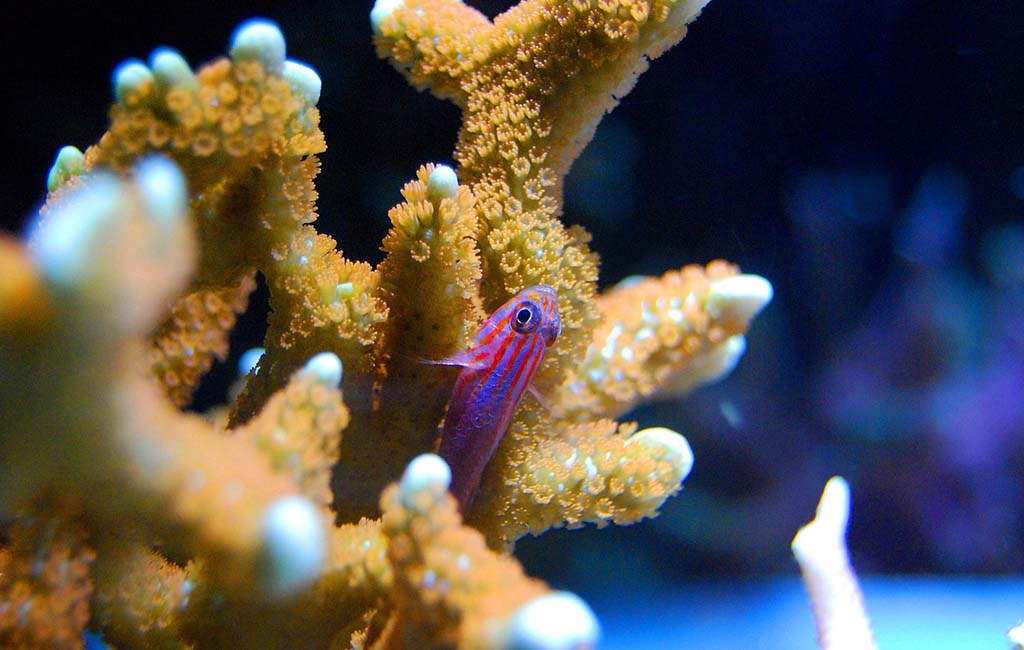
The best water for a saltwater tank
Best Water for Saltwater Tank
Reverse Osmosis water is the best for saltwater tanks. Water passes through a semi-permeable membrane with high pressure. This semi-permeable membrane filters out substances other than water. Here are some reasons for higher suitability for saltwater tanks and how to get it.
Benefits of Using RO Water
| Stable pH helps to minimize stress and create a stable environment for plants. | Helps to avoid algal bloom and kill corals. |
| Allows you to control saltwater tank chemistry. | Promotes plant and fish growth. |
How to Get It?
You can buy it or make it with the RO plant. Buying isn’t suitable as you need frequent water changes, i.e., weekly or bi-weekly. The preparation method is preferable and will help you to save your capital.
There are several semi-permeable filters. The number of layers varies with the filter type, i.e., 3, 4, or 5. The pore size of the semi-permeable filter is about 0.0001–0.001 microns. Water passes through these layers at 100 to 800 psi pressure. Membranes separate dissolved ions, molecules, and solids from the water. These pollutants are gathered and washed out before the next finer semi-permeable membrane. After the last stage, add minerals and allow it to stabilize its parameters. After stabilization, add it to your saltwater tank.
Rounding Out the Discussion
Seawater is among the best top-off options for saltwater tanks, but it’s hard for many reasons, including the cleanliness and freshness of seawater and remineralization. Tap water is 100% not suitable for saltwater tanks. Distilled water stands out more than purified water, as distilled water only requires remineralization. Purified water has many issues, i.e., chemical additives, and its chemistry doesn’t suit fish. Use RO water as it is normal. You only need to set it according to your fish requirement.
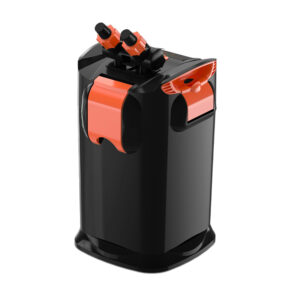
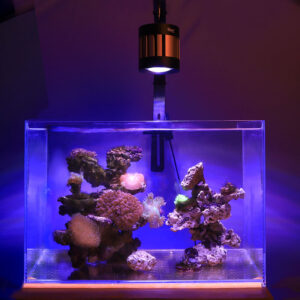
Leave a comment